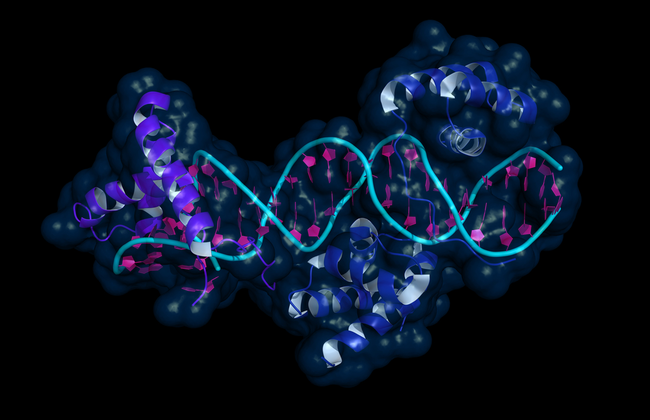Epigenetics: Are we in a new era of cancer research?
Epigenetics is a conceptually and practically challenging area of research. However, work over the past 5 years has suggested it could be behind many of the remaining questions we have about how cancers arise, proliferate, and reappear. Nearly 2 decades since the human genome was sequenced for the first time, in 2003Trusted Source, there are still many questions that remain about how our genomes work.
While sequencing the human genome has provided an enormous amount of insight into the ways our cells and bodies work, a clear understanding of the genetic mechanisms underpinning many common diseases and our health has remained elusive.
One reason for this is that while our DNA encodes the information that allows us to develop, grow and repair our cells and tissues, the expression of our genes is controlled by other mechanisms. For our genes to be expressed, they first need to be read, or transcribed, and then the molecules they code for made, or translated.
For the cell machinery to be able to read the DNA, the DNA itself needs to be accessible. This is affected by a number of mechanisms, and it is becoming increasingly clear that the way in which the DNA is wound around proteins called histones, and how these are then packed into fibers known as chromatin plays an important role.
Prof. Trevor Graham, professor of genomics and evolution at the Institute of Cancer Research (ICR) in London, told Medical News Today in an interview that “depending on how [DNA is] folded, that can affect the expression of genes.”
“Logic is that if the DNA is all tangled up, and closed in a great tangled portion of the genome, those genes may not be accessible to machinery to extract, and they’re turned off. Whereas if they’re in untangled regions in the DNA, then the genes can be expressed,” he explained.
This is a form of epigenetic control, as the expression of a gene varies, not due to a change in the actual DNA sequence, but due to other processes that affect its accessibility.
Historically we have thought of cancer as the result of an accumulation of mutations in the cell. Much focus has been on the environmental causes of cancerous mutations that increase an individual’s risk of developing certain cancers.


0 Comments:
Leave a Reply